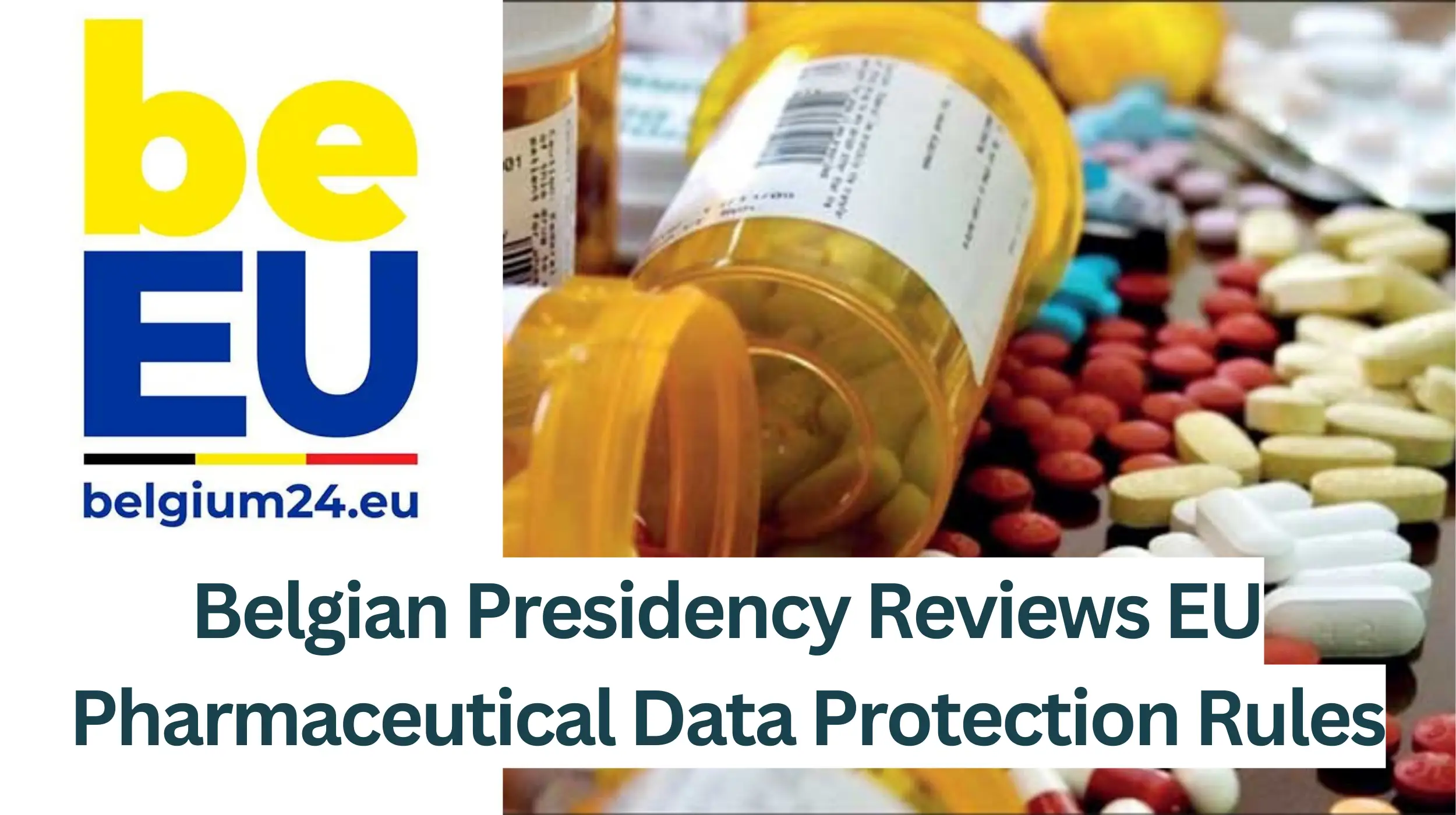Brussels (Brussels Morning) – For the last time, the Belgian Presidency of the Council of the EU is examining regulatory data protection (RDP) for medicinal products. The purpose is to balance pharmaceutical innovation with convenient patient access across the EU.
What are the specific conditions attached to the 7.5-year RDP period?
Petra De Sutter of the Groen party (Greens) emphasises proposed changes to regulatory data protection (RDP). The European Parliament seeks for a 7.5-year standard RDP period, with possible attachments based on specific conditions. “In total, the data protection period can amount to a maximum of 8.5 years. This is six months longer than the current period, so the competitive position would not necessarily worsen.”
How does the new legislation affect orphan drug market safety periods?
De Sutter banners that additionally, there will be a market safety period of at least two years, and there is an exception for orphan drugs. Groen keeps linking the duration of data protection to patient-centric conditions. “Comparative clinical trials remain the gold measure, contributing to the rate of drug evaluation. Governments now have few aids to direct drug development towards societal needs; this would give them an additional tool.”
What arguments do politicians make for and against RDP adjustments?
Jo Brouns of CD&V (EPP) highlights that RDP is crucial for pharmaceutical companies’ business standards and investment in new medicines. “Restricting the standard RDP period and tying needs to its extension should not necessarily be comprehended as a “reduction of incentives for research, development, and production of fresh medicines.” Instead, he argues, it focuses on Europe’s specific requirements, such as unmet needs and antimicrobial products.
According to Brouns, the presented EU pharmaceutical legislation also seeks a significantly faster “market authorisation” procedure. This streamlined approach could stimulate research and development, leading to faster access to new medicines. “Notably, Flanders supports nearly 3.7% of its GDP in research and development, classifying second globally after Korea. The ambition is to maintain or strengthen this level of investment.”
Brouns underscored the significance of offering incentives for enterprise investment in Europe, saying “These motivations should not be market-distorting and are best delivered at the European level to avoid harmful intra-European competition.”
How do proposed RDP changes address unmet medical needs in Europe?
Kathleen Van Brempt, symbolising the Vooruit party (S&D), stresses the extent of conditionality in RDP. She clarifies, “The European Parliament does not support a standard six-month reduction of the RDP but makes it dependent on certain requirements.”
Van Brempt highlights the critical need for RDP to align with the simultaneous launch of medicines across the entire European demand. This ensures honest access for every European patient. She emphasised the case of baby Pia, where medicine was public in Germany but not in Belgium – a situation she stated must be avoided.
What concerns arise from the potential reduction in RDP incentives?
“The intention behind these suggested changes is not to lower incentives for research, development, and production of medicines. Instead, they seek to better align with existing healthcare needs,” Van Brempt clarifies. She supports a special European agency for health research and development, and corresponding joint investments in medicines, vaccines, and treatments while promoting production scalability during emergencies.
President of Open VLD (Renew), Bart Ongena, presents a critical concern about the impact of legislative differences on innovation and patient interest. He stresses that “Today’s innovative medicines are the critical medicines of the future. If Europe, through its procedures, kills innovation with its legislation, then patients will be the ones who suffer most.”
The recent RDP suggestion eases conditions, requiring businesses to file – not necessarily achieve – pricing/reimbursement applications in all EU nations within 12 months. Ongena notes this improves the administrative load, particularly for small biopharmaceutical companies. Despite an EU-level HTA, individual reviews by countries remain. “This aims to provide EU citizens with innovative medicines access; however, it may be counterproductive.”








